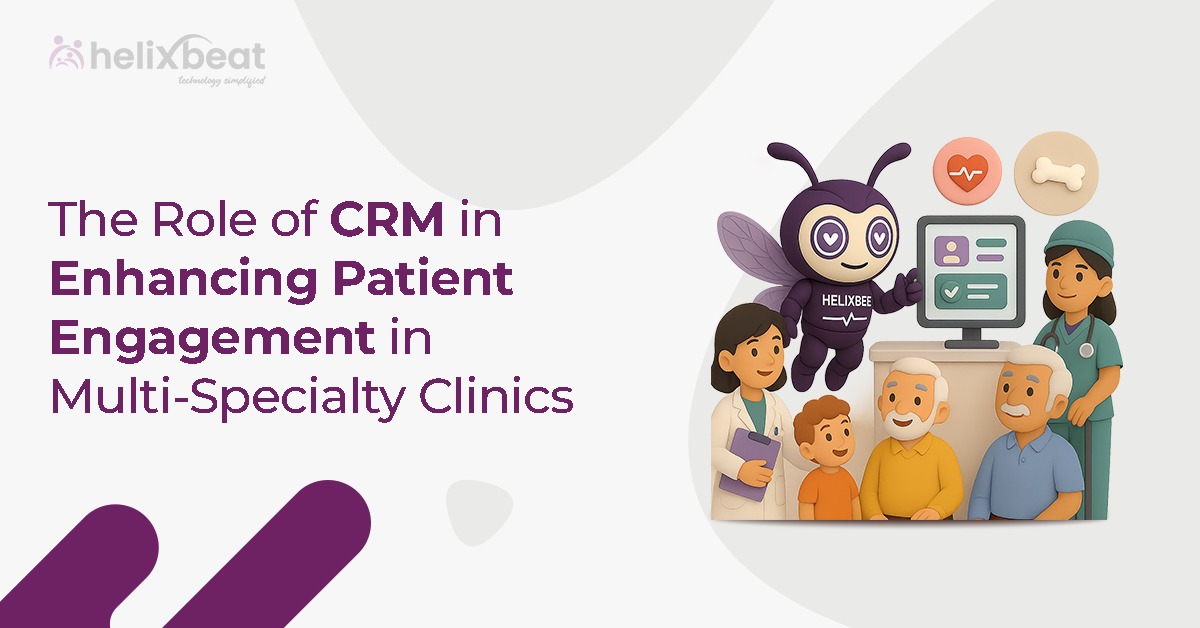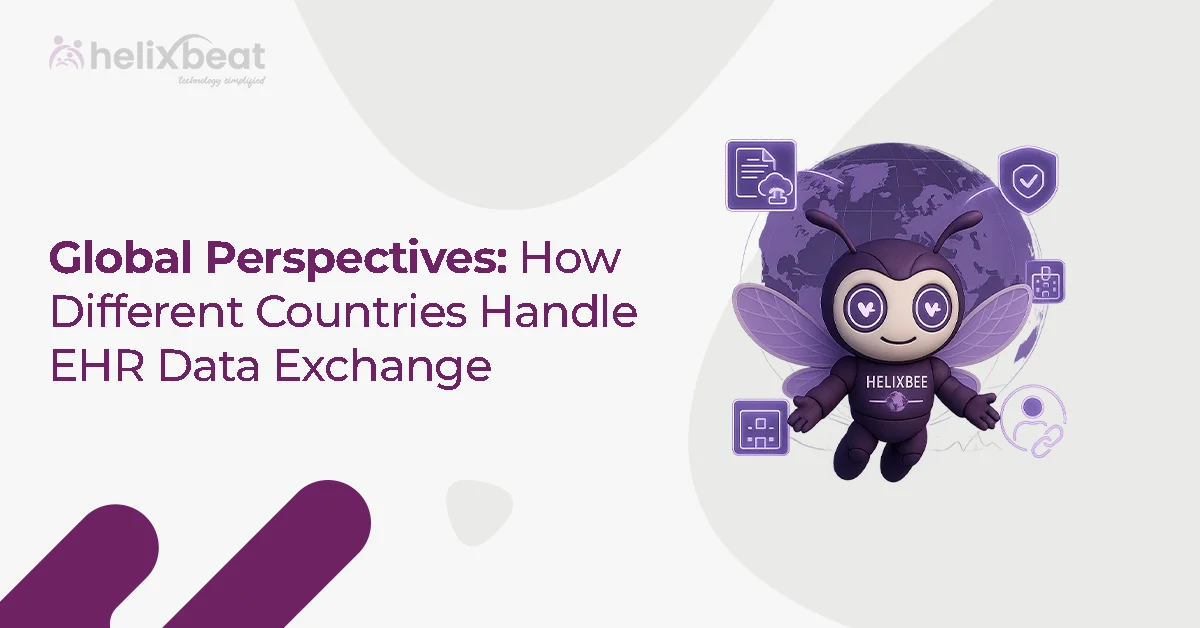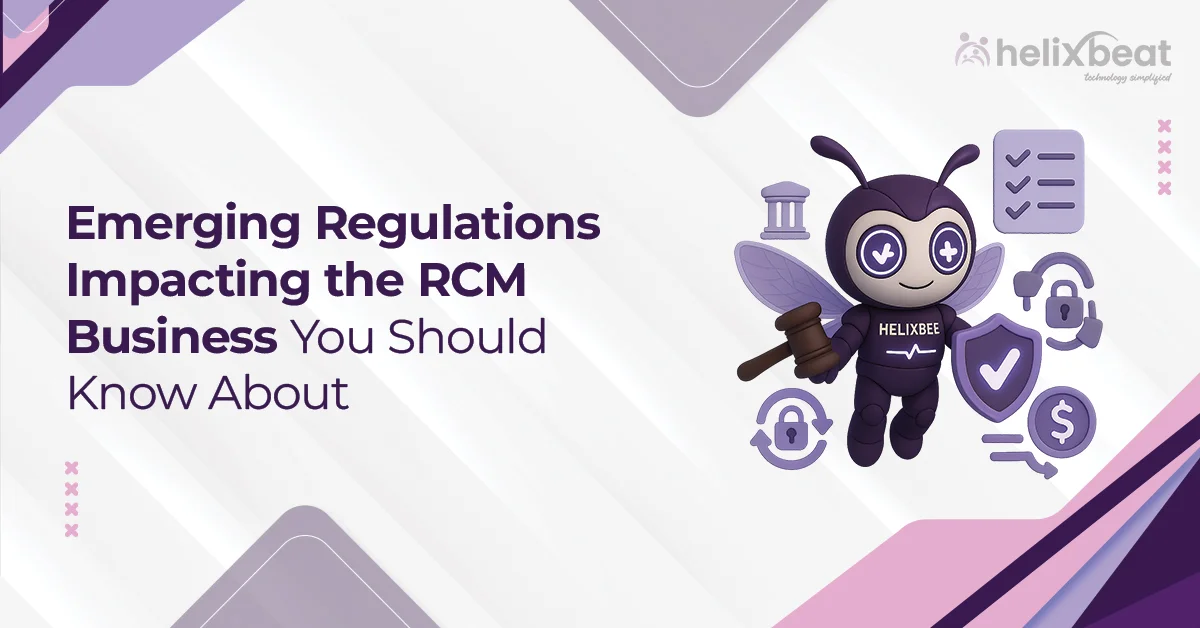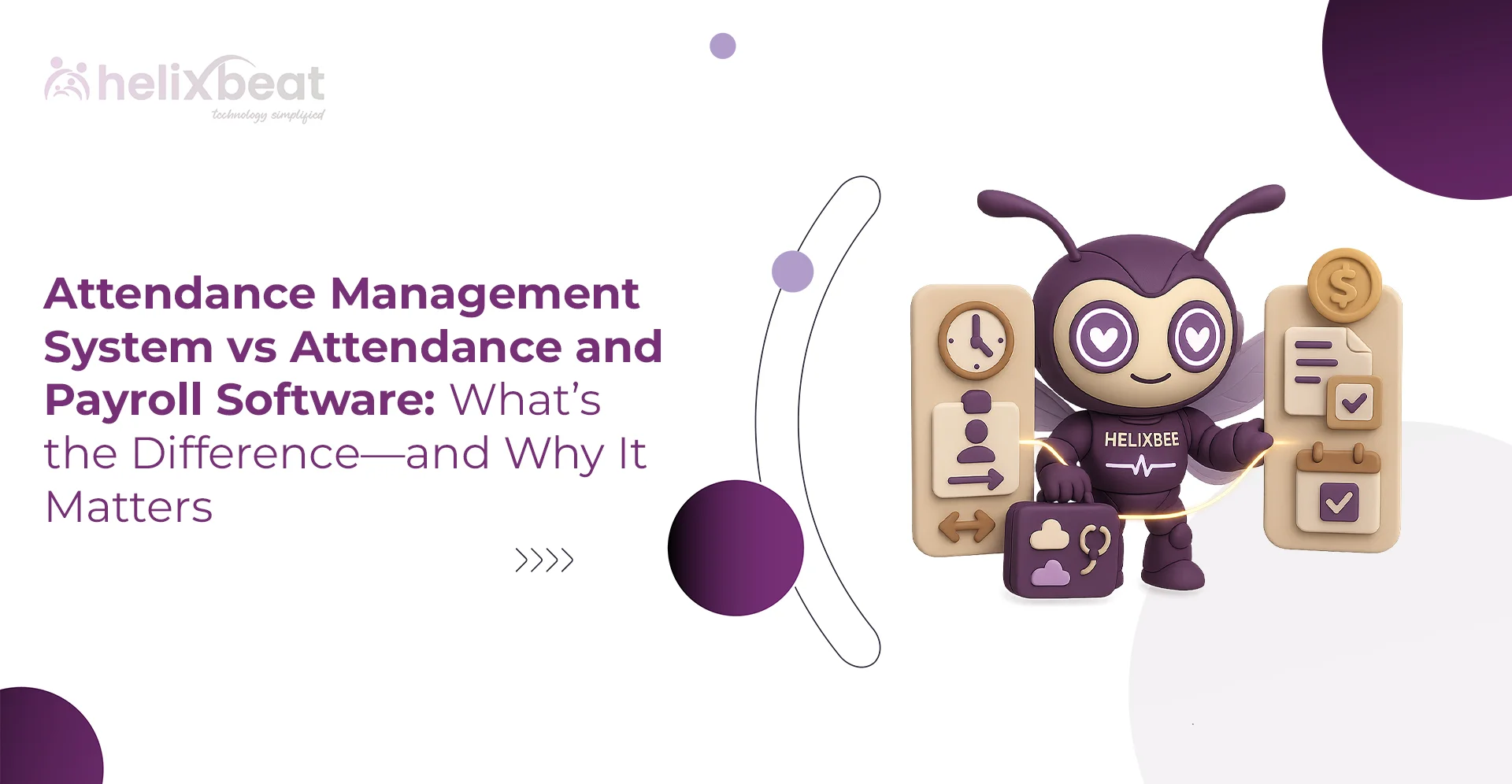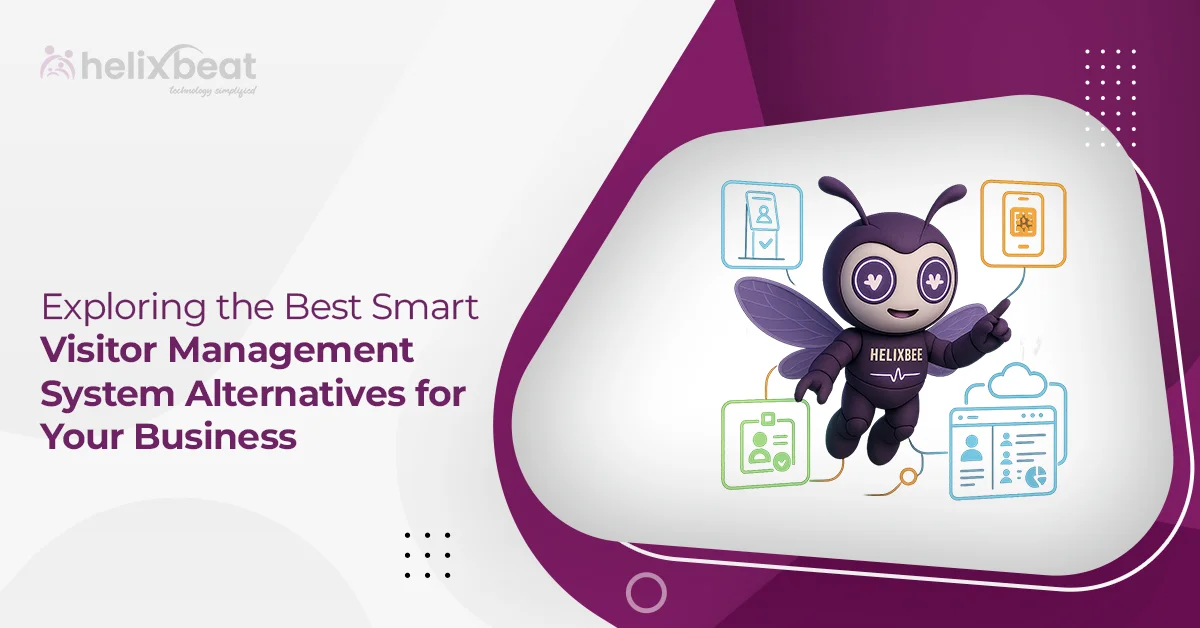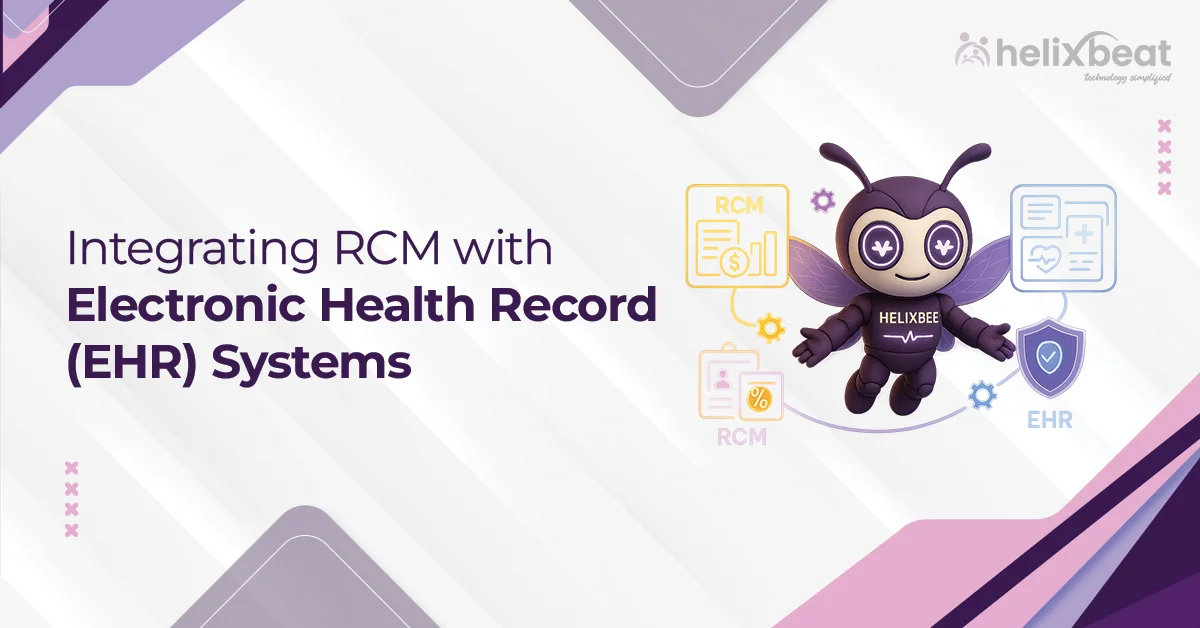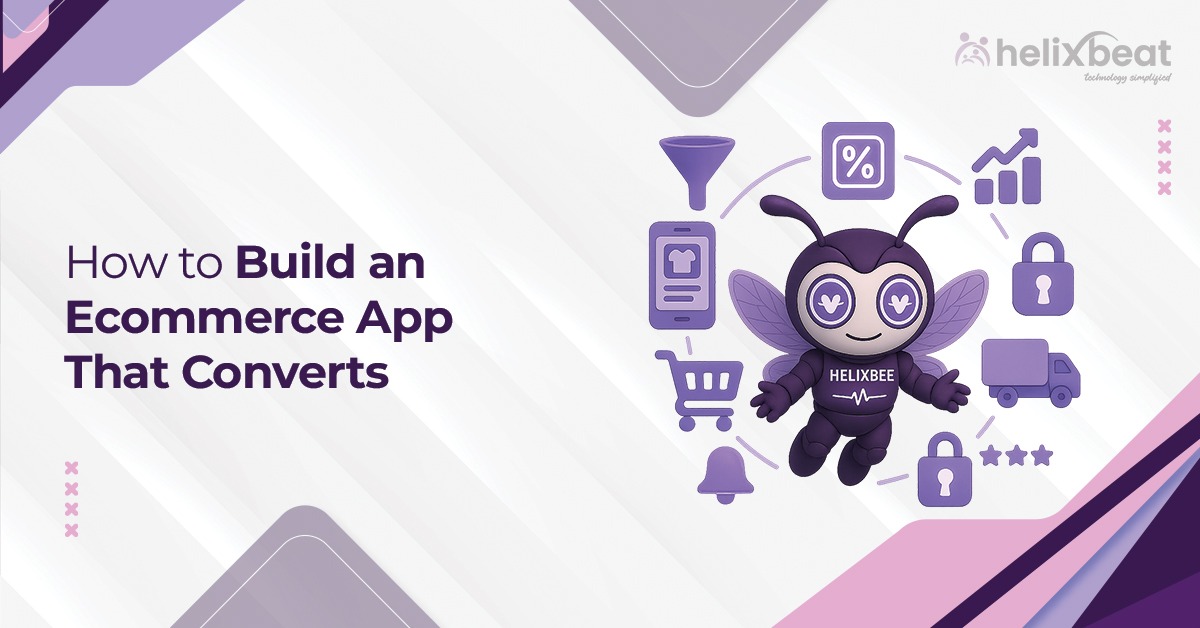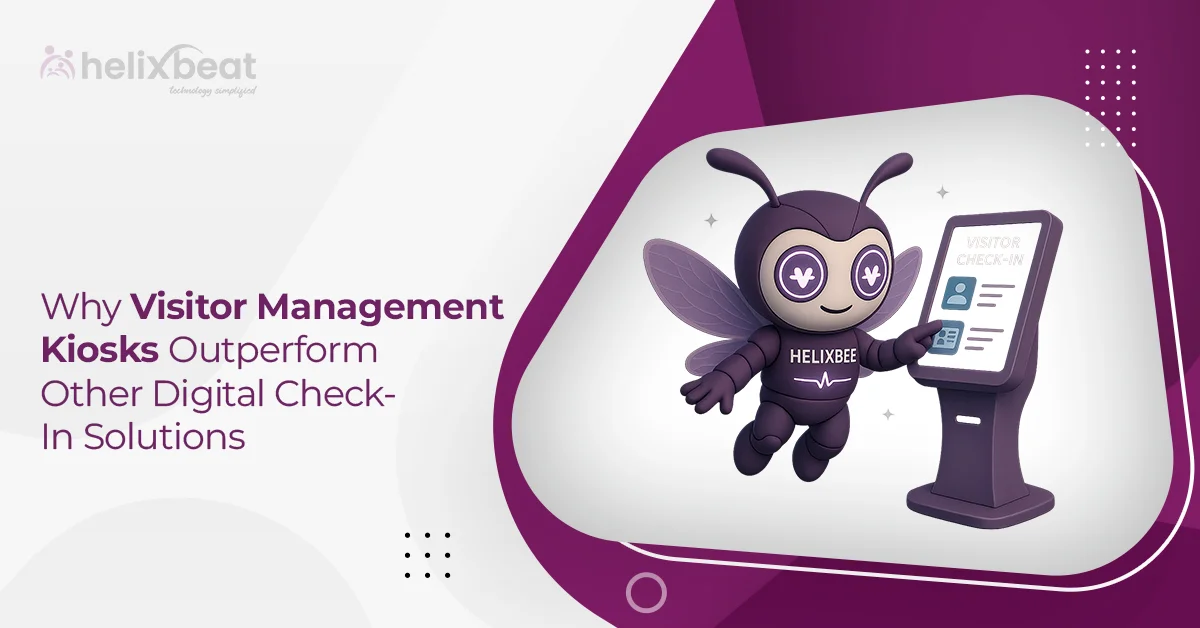“The most important thing is to focus on patient engagement, as engaged patients are healthier and experience better outcomes.” – Health Affairs Journal
Engaging patients in healthcare goes beyond simply having them attend their appointments; it involves building a proactive partnership between healthcare providers and patients to enhance health outcomes, satisfaction, and trust.
As the healthcare environment changes, patient engagement has emerged as an essential component in ensuring adequate care and lasting relationships. By utilizing appropriate patient engagement software, healthcare providers can offer tailored care that not only addresses patient needs but also encourages patients to actively participate in managing their health.
Our PULSE solution combines CRM systems in healthcare with patient engagement tools, allowing providers to strengthen patient relationships and enhance care delivery.

Table of Contents
What is Healthcare CRM Software and Its Role in Patient-Centric Care?
Healthcare CRM software is a specialized tool that helps healthcare organizations manage patient relationships, streamline communication, and improve overall care coordination. It’s a critical component in the patient-centric care model, which focuses on providing personalized, high-quality care that puts the patient at the center of the healthcare experience.
Healthcare CRM systems are designed to track every patient interaction, from scheduling appointments and managing patient inquiries to monitoring follow-up care and engagement. They centralize patient data from various touchpoints, making it easily accessible for healthcare providers. This ensures that every member of the care team has a complete, up-to-date view of the patient’s health and treatment history, allowing them to offer more tailored and timely care
The role of CRM software in patient-centric care is multifaceted:
Personalization
- Healthcare CRM software allows healthcare providers to customize care plans, send personalized reminders for appointments and medication, and offer relevant health education based on patient preferences and health status.
Streamlined Communication
- By integrating communication channels, CRM systems enable seamless interaction between patients and their care teams.
- Patients can easily book appointments, receive updates, and engage with their providers through secure messaging.
Data-Driven Decision Making
- CRM software collects and analyzes patient data, giving healthcare providers insights into patient behavior, adherence to care plans, and overall health trends.
- This information helps in making informed, proactive decisions.
Improved Patient Retention
- With automated communication, personalized care, and ongoing engagement, CRM systems help foster long-term relationships, improving patient loyalty and reducing the likelihood of patients seeking care elsewhere.
Up-to-Date Patient Health Information Through CRM Solutions
Patient data management systems like PULSE by HelixBeat centralize and continuously update patient data, ensuring that healthcare providers have real-time access to critical information. This includes:
- Current medical histories
Doctors and specialists have access to accurate, up-to-date patient histories, reducing the risk of medical errors.
- Treatment plans
Easily accessible records of prescribed treatments, medications, and follow-up care ensure continuous patient care.
- Health metrics
Providers can monitor vital signs and health metrics remotely, intervening when necessary to prevent complications.
Healthcare CRM Benefits: Operational, Collaborative, and Analytical Improvements
These benefits are crucial for healthcare organizations aiming to enhance patient care while maintaining streamlined processes.
Operational Improvements
- CRM systems like PULSE by HelixBeat automate and streamline administrative tasks, reducing manual errors and freeing up healthcare staff to focus on delivering care.
- Features like appointment scheduling, reminders, and automated follow-ups ensure smooth workflows and reduce the risk of missed appointments.
- This operational efficiency not only saves time but also improves patient satisfaction by making healthcare services more accessible and organized.
Collaborative Enhancements
- PULSE facilitates collaborative care by allowing healthcare teams to access a unified view of patient data.
- Whether it’s a multi-specialty clinic or a hospital with different departments, PULSE ensures that patient information is shared seamlessly across providers.
- The ability to collaborate on treatment plans ensures that no vital information falls through the cracks, which is particularly important for patients with complex or chronic conditions.
Analytical Improvements
- The power of data is at the heart of PULSE. By aggregating patient data from various sources, PULSE provides actionable insights that help healthcare providers understand patient behavior, identify health trends, and make informed decisions.
- The system’s analytics dashboard enables healthcare teams to monitor patient progress, track engagement levels, and assess the effectiveness of treatment plans.
- This ability to analyze data in real-time enhances clinical decision-making, improves health outcomes, and helps providers optimize care strategies for each patient.
How Healthcare CRM Empowers Providers to Design Personalized Care Plans
Healthcare CRM software allows providers to create and deliver personalized care management plans that cater to each patient’s unique health needs.
- Access detailed patient profiles: Track health conditions, preferences, and previous treatments to create individualized care plans.
- Track patient progress: Monitor ongoing treatment, medication adherence, and lifestyle changes, adjusting the plan as needed.
- Enhance patient communication: Ensure that patients receive tailored educational materials, reminders, and motivational messages, encouraging them to stay involved in their care.
CRM in the Hospital Industry: Key Benefits and Applications
With hospitals managing large volumes of patients, a robust CRM system becomes crucial in ensuring that care is coordinated, timely, and personalized. Here are some key benefits and applications of CRM systems in hospitals:
Key Benefits of CRM in Hospitals:
- Enhanced Patient Communication
CRM systems enable hospitals to maintain consistent communication with patients through automated reminders, follow-up messages, and health updates. This ensures that patients stay informed about their appointments, medication schedules, and upcoming treatments, reducing no-shows and improving patient adherence.
- Improved Care Coordination
Hospitals are typically large, with multiple departments and specialists involved in patient care. CRM solutions ensure that all patient information is centralized, making it accessible to healthcare providers across departments. This promotes better coordination and prevents care gaps, resulting in improved patient outcomes.
- Personalized Patient Experience
With CRM systems, hospitals can collect and analyze patient data, enabling healthcare providers to offer more personalized care plans. By understanding patient preferences, histories, and treatment needs, providers can tailor their approach, creating a more positive and engaging experience for patients.
How HelixBeat’s PULSE Elevates Patient Engagement in Multi-Specialty Clinics
While many CRM systems can provide basic functionalities, PULSE by HelixBeat offers a unique, integrated solution designed specifically for healthcare providers. PULSE offers a comprehensive patient engagement solution that allows hospitals to manage patient relationships more effectively, streamline operations, and ensure high-quality care. By integrating CRM with patient engagement software, PULSE helps healthcare providers create a more cohesive, efficient, and personalized healthcare experience for their patients.
PULSE takes CRM in the hospital industry to the next level by:
Real-Time Patient Data Integration
- PULSE centralizes patient data from multiple sources, such as EHRs, medical devices, and patient portals, ensuring that all healthcare providers have the most up-to-date information at their fingertips.
Automated Patient Communication
- With PULSE, hospitals can automate appointment reminders, health notifications, follow-up messages, and even personalized care plans, ensuring that patients are always informed and engaged.
Enhanced Collaboration
- PULSE integrates seamlessly with existing hospital systems, providing a collaborative platform where doctors, nurses, and specialists can easily access patient information, communicate, and coordinate care, all in real-time.
Patient-Centric Care
- By leveraging PULSE, hospitals can offer more patient-centric care, where treatment plans, communication, and support are personalized based on each patient’s specific needs and preferences.
Analytics and Reporting
- PULSE helps hospitals use data-driven insights to track patient engagement, identify trends, and optimize care strategies, leading to improved patient outcomes and operational efficiencies.
Request a Free Demo of PULSE for CRM and Patient Engagement
Wrapping Up
Effective patient engagement is crucial for improving patient outcomes, satisfaction, and long-term loyalty. Without a streamlined system to manage patient data, appointments, and communications, healthcare providers can struggle with inefficiencies, missed opportunities, and increased administrative burden. This is where HelixBeat’s PULSE solution steps in. By integrating CRM systems with patient engagement software, PULSE empowers hospitals to centralize patient data, automate communications, and provide personalized care, all while improving operational efficiency.
With PULSE, hospitals can eliminate communication gaps, reduce the chances of missed appointments, and offer real-time updates on patient health. PULSE not only enhances patient engagement but also streamlines hospital operations, allowing healthcare teams to focus on what matters most: providing exceptional care.
Start Transforming Patient Engagement with PULSE Today
FAQs
- What is CRM in healthcare?
CRM in healthcare refers to software systems that help healthcare organizations manage patient relationships, track interactions, and personalize patient care.
- How does CRM improve patient engagement?
CRM improves patient engagement by automating communication, personalizing care plans, and providing timely reminders and follow-ups.
- What is healthcare CRM software?
Healthcare CRM software helps healthcare providers manage patient interactions, streamline administrative tasks, and improve patient satisfaction.
- How does PULSE help in patient engagement?
PULSE helps enhance patient engagement by offering real-time patient data, personalized communication, and automated reminders and follow-ups.
- What are the 5 levels of patient engagement?
The 5 levels of patient engagement range from passive participation to empowered self-care, where patients take full control of their health.
- How does CRM track patient health information?
CRM systems store and track patient health data, making it accessible to healthcare providers and ensuring continuity of care.
- Why is patient data management important?
Effective patient data management ensures that healthcare providers have accurate, up-to-date patient information, improving care delivery and decision-making.
- What are the benefits of healthcare CRM?
Healthcare CRM systems offer benefits like improved patient relationships, personalized care, enhanced communication, and better operational efficiency.
- How does PULSE integrate with existing systems?
PULSE integrates seamlessly with existing EHRs and CRM systems, ensuring smooth data flow and better coordination between healthcare teams.
- How can healthcare organizations improve patient engagement?
Healthcare organizations can improve engagement by utilizing patient management systems, offering digital tools, and personalizing communication.
- How does PULSE help with patient retention?
PULSE helps improve patient retention by maintaining continuous communication, providing personalized care, and engaging patients in their health journey.
- How is patient engagement measured?
Patient engagement is measured through metrics like appointment adherence, communication frequency, patient satisfaction, and health outcomes.



